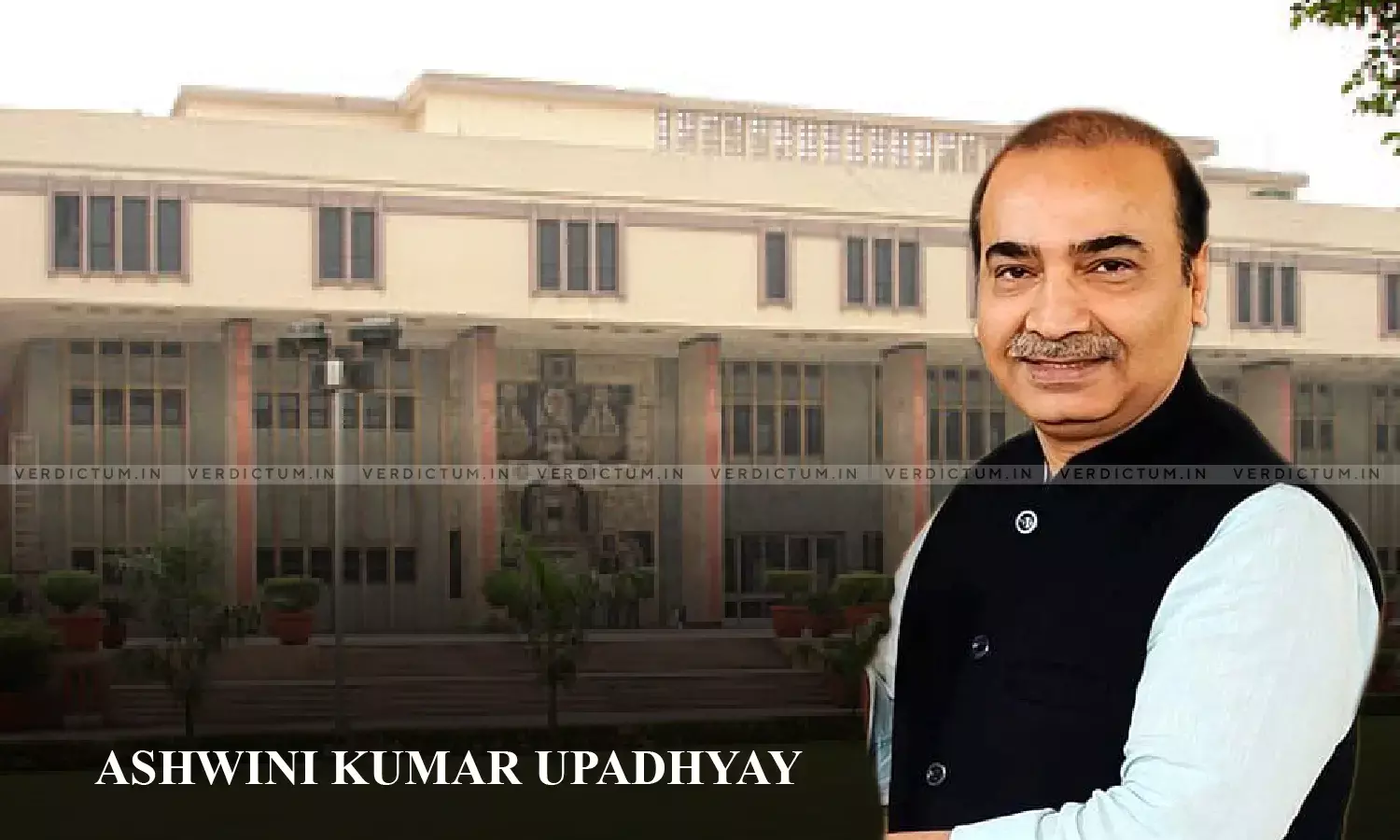Delhi HC Permits Petitioner To File Affidavit Highlighting Instances Of Inflow Of Black Money Via International Money Transfers

The Delhi High Court has permitted the petitioner, i.e., Advocate Ashwini Kumar Upadhyay to file an affidavit highlighting instances of inflow of black money in India through international money transfers. The petitioner had filed a writ petition before the court alleging inflow of unaccounted money into the country via some modes used for domestic transactions.
A Division Bench comprising Chief Justice Satish Chandra Sharma and Justice Sanjeev Narula said, “Petitioner is permitted to file an affidavit highlighting the instances of international money transfers through the aforesaid modes, as alleged by him, within four weeks from today.”
The petitioner appeared in person while ASG Chetan Sharma represented the respondents.
A counter affidavit was filed by the Reserve Bank of India (RBI) elucidating the regulatory mechanism in place for cross-border wire transfers. The counsel for the RBI stated that no specific instance of such transactions using RTGS, NEFT, IMPS etc., which are instruments for domestic transfers, were disclosed in the petition. The petitioner sought direction to ensure that Real Time Gross Settlement (RTGS), National Electronic Funds Transfer (NEFT) and Instant Money Payment System (IMPS) are not used for depositing foreign money in Indian banks. He said that such transfers are being used to aid the Separatists, Naxals, Maoists, Terrorists, Traitors, Radical organisations, etc.
The High Court in the above regard also permitted the petitioner to file a rejoinder to the counter affidavits of the respondents within four weeks.
Accordingly, the High Court listed the matter on December 4, 2023.
Cause Title- Ashwini Kumar Upadhyay v. Union of India & Ors.


